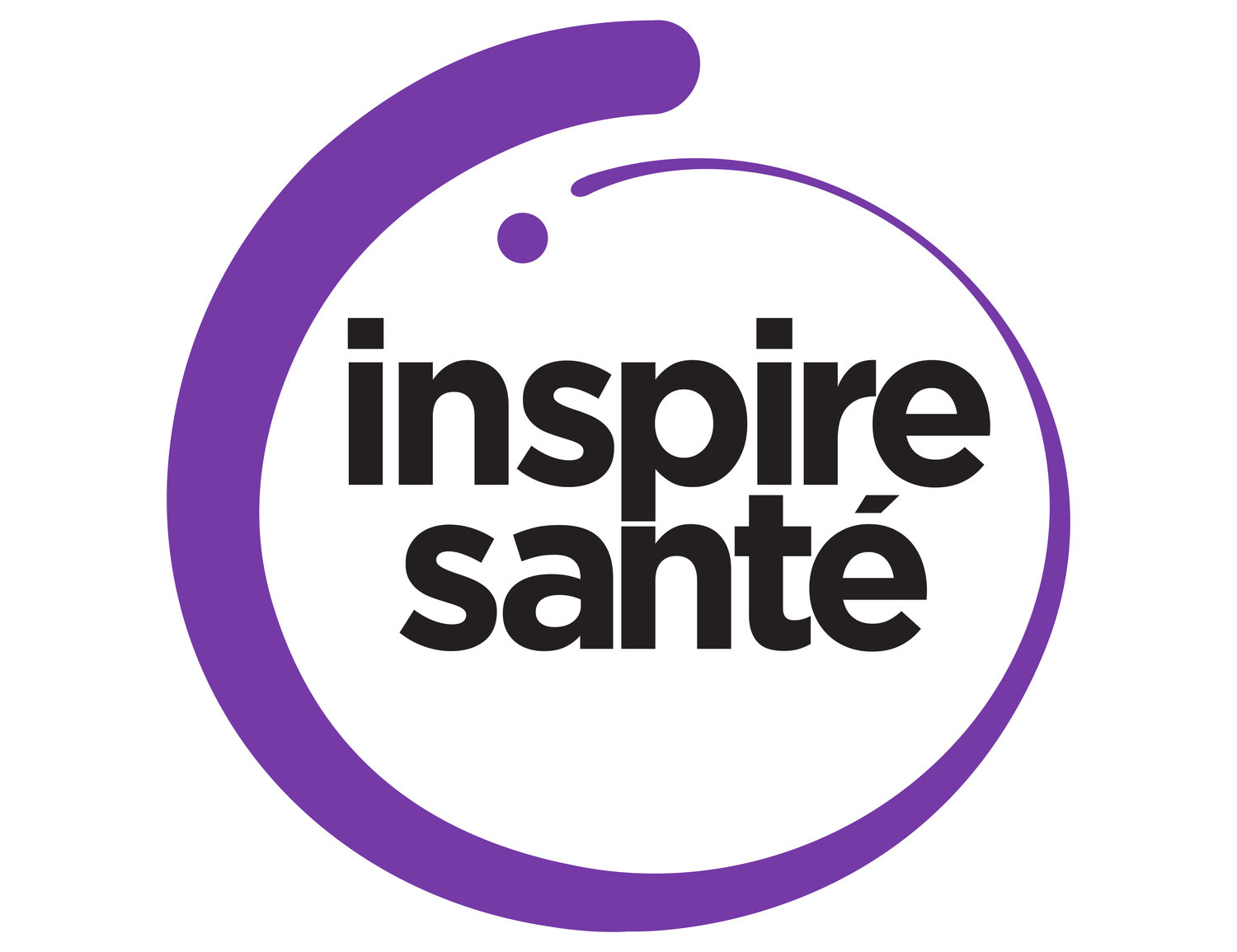Normalcy-with-a-twist: Preserving fertility after pelvic pain
/I’m 31, and I’ve been with my husband for 8 years. My friends are having children, and my Facebook feed looks like an endless spool of BabyGap ads – a marked departure from the old photos of frat parties and then engagement rings. In asking friends why they got pregnant, it seems they did so with very little fanfare. They always wanted to be mothers, or “it was time,” or something about how they weren’t planning it but weren’t avoiding it either. Some have had medically complex pregnancies, but most have had very stereotypical experiences.
What happens when a turkey baster meets an unstable cervix? [insert bad joke here]
For me, experiences relating to my pelvis have always been far from stereotypical. If you don't already know my pelvic pain story, peruse this blog a little more. When I’ve asked my medical providers about the prospect of my carrying a pregnancy, I’ve gotten every conceivable answer:
“You can get pregnant some day… with a turkey baster.”
“If you carry a pregnancy, I think the weight of the fetus would be too much for your cervix around the 20-week period and you’d deliver early.”
“There’s no medical reason why you cannot carry a pregnancy.”
“Your body was built for this, and I see no reason why you can’t have a healthy pregnancy.”
“Throughout your pregnancy, there’s lots of pain medications we can still use.”
“I am afraid that if you were to get pregnant, you’d need to terminate because of pain.”
Coming off years of chronic pelvic pain including surgeries, medications, excruciating pain, fear, and endless medical appointments, I’m understandably skeptical about what pregnancy would mean for my body. My providers have, over the years, offered advice that ranges from horrifying to reassuring.
Do I believe that, at 20 weeks gestation, a fetus would suddenly come tumbling out of me because my cervix gave way like the bottom of an overstuffed Chipotle bag I was carrying yesterday? I do not. In fact, even my non-medical understanding of my reproductive system’s structure protects me from giving that theory too much weight. But, do I believe that pregnancy may not be something with which I am comfortable, given my history? You bet.
"You can do it."
Here’s an important distinction to make: my current providers say I could physically handle a pregnancy today (their best guess). But I do not feel comfortable physically undertaking a pregnancy. And my providers respect and honor that as an exceptionally valid choice. My fertility doctor once told me that she felt like I was making the best decision given my history. That was validating and made me feel confident and reassured as I navigated these choppy, emotional waters.
I should also note that my husband and I haven’t made a final decision about children. We’re both attorneys, we’re busier than heck, and while I feel gravitationally pulled towards motherhood, I can guarantee there won’t be any clever “Family of 3 coming in 2017!” holiday/baby-reveal cards in your mailbox from the Jacksons this Christmas.
Operation Egg Rescue
So what’s a girl to do? Well, this girl has an awesome team of providers who are backing my decision to harvest my eggs. Mine are, thankfully, healthy and plentiful, and harvesting them will allow me to have numerous children in the coming years, should I feel ready to carry a pregnancy or should we decide to use an alternative means, like a gestational carrier. The important part, though, is that I’ll feel my fertility is preserved. After a long and harrowing journey through pelvic pain, I’ll feel like I get to participate in something so normal as making a baby if I want to do so.
The process ain’t pretty. I’ll get 2 or 3 injections into my abdomen daily for almost two weeks. During that time, my ovaries will grow from the size of two walnuts to the size of two softballs, and those softballs will be putting lots of pressure on all of their anatomical neighbors. I'll get ultrasounds and bloodwork done almost daily. When I have enough eggs, they’ll roll me into the operating room, put me under anesthesia, and remove them with a giant needle that goes who-knows-where. Within a few days, my ovaries will return to their normal size, my fertility securely locked in a lab somewhere.
Yeah, it sounds like it’s going to suck. But after that, I won’t need to worry about fertility preservation again, and I won’t need to worry about whether I can have biological children. My husband and I will be able to have conversations about whether we want to have biological children, whether my body feels healthy at some future date to carry a pregnancy, or whether some as-yet-undiscovered reproductive technology will work for us. We'll also be able to talk about whether we want to start a family, not if my body can participate in starting a family.
Normal, normal, normal!
In preparation for my egg-harvesting procedure, my doctor told me to start taking a prenatal vitamin. I rushed off to Target, located their only vegan version, and gleefully delivered it to the cashier for purchase. I felt so exceedingly normal! I felt like telling her: “Yeah! Those are what you think they are!” But instead, I rushed home and unwrapped the bottle, opened them up, and suddenly realized these pills are nearly the size of my thumb. I hesitated for a moment, thinking “do I really need these? I mean, I am just harvesting eggs…” But then the excitement got the better of me again, and I choked one down (almost literally) before putting the bottle front-and-center on the bathroom counter. I just kept thinking to myself as I pranced around the house doing my chores that morning: I’m normal! Normal! Normal! Normal!
And when I go in for my egg harvesting procedure, and when I give myself those injections and inspect the injection bruises that will begin to cover my abdomen, and when I get my monitoring ultrasounds and bloodwork and examinations, I’ll be able to reassure myself through the discomfort that everything I’m experiencing is NORMAL. Normalcy is really underrated, if you ask me. After years of struggling through pain and horrific hardship, the sheer experience of being normal is something to celebrate.






